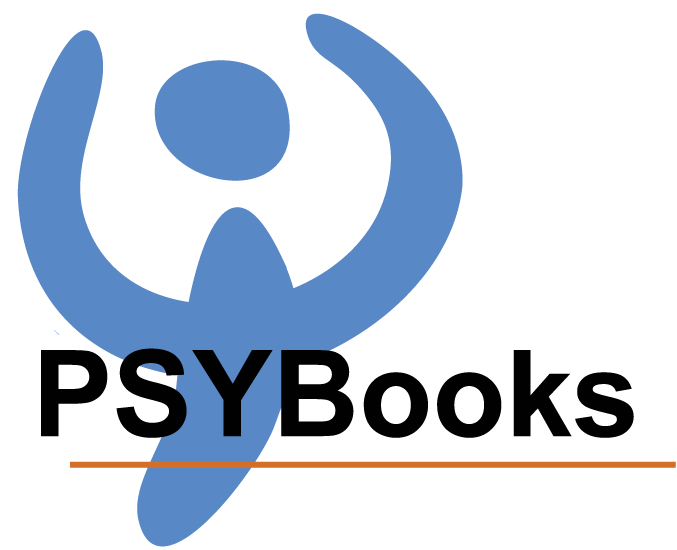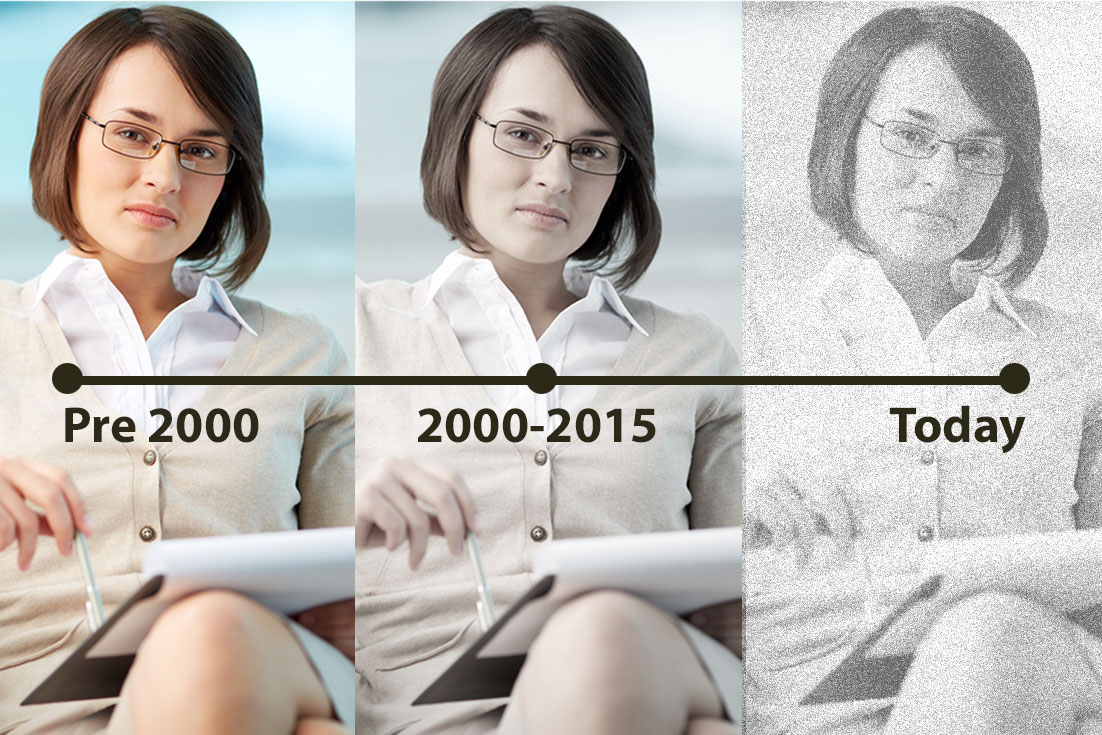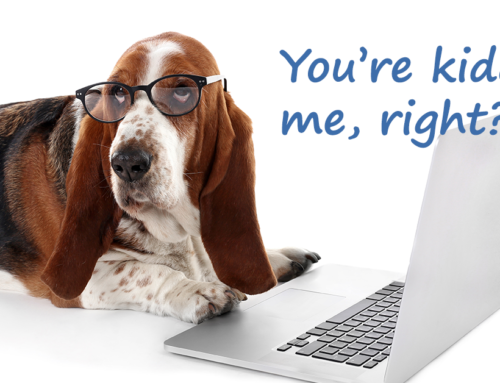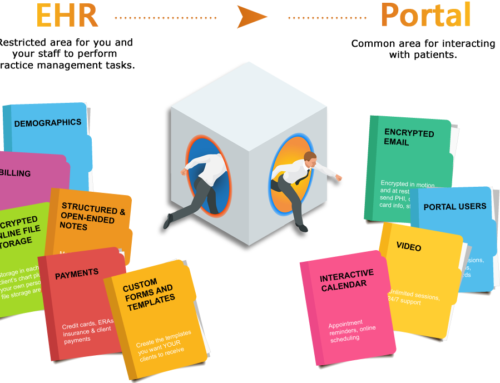In the not too distant past, a therapist with some kind of note pad in hand was the norm. It was expected. We were doing our jobs and interested enough in the client to take notes on what they were saying. I was part of that crowd. Although I preferred to write my notes after the client left, I definitely felt that paper notes were the way to go and I burned through many legal pads in the early years of my career.
When we started hearing rumors about healthcare practitioners being mandated to switch to digital record keeping and EHRs, many of my colleagues, myself included, were secretly or not-so-secretly glad that mental health practitioners had not been included in the mandate. We had been running our businesses the same way for many years and felt it was the way to go. Some therapists were even quite critical of the whole digital/EHR movement, feeling that the use of electronic records dehumanized the therapist/client relationship, which we all knew was so critical to our work. Others feared that electronic records weren’t safe, i.e., that they wouldn’t be able to adequately protect their clients’ privacy if they digitized their practice.
However, whether we like it or not, times seem to be changing. Two recent anecdotes have driven that home to me.
The first was a casual comment made by a friend. For some reason, the conversation had drifted to talking about therapists and their note-keeping practices. She was quite surprised when I told her that many therapists still took notes by hand. Without knowing my thoughts or biases, she stated that she was so used to her physical health practitioners taking notes on their computers or tablets, that if she were to go to a mental health professional and discovered they were taking notes by hand, she would see them as a bit antiquated. Furthermore, she took a perhaps unfounded leap and also said that it would make her question that therapist’s treatment methods. Since their business practices seemed to be antiquated, she questioned whether they might also not be up to date on the latest treatment techniques and innovations.
The second incident was even more surprising. In an initial interview, a potential new client revealed to me that she had interviewed another therapist, but that she learned that that therapist didn’t have a client portal. The client really enjoyed being able to interact with her other doctors via their portals and wanted to be able to do the same with her therapist so she decided to keep looking. This stunned me. It was the first time I had heard of a client actually rejecting a therapist solely because that therapist didn’t have a portal. And if you’re wondering, this was a woman in her 50s, maybe early 60s – not someone who had grown up in the digital age.
The implications here are clear. Although our profession was NOT among those mandated to use EHRs, the rest of the healthcare profession, whether they liked it or not, was forced to digitize. In the beginning, there was a lot of kicking and screaming among those professionals who were under mandate. Meanwhile, we mental health professionals were able to somewhat smugly keep doing things the way we had always done them. However, it seems that the tide is steadily turning and now our profession may be the one coming up short. Regardless of what healthcare professionals think of digital practices, consumers seem to be beginning to accept them as the norm. Those of us who don’t keep up, may be unknowingly turning away some of the very clients we’re hoping to attract.






